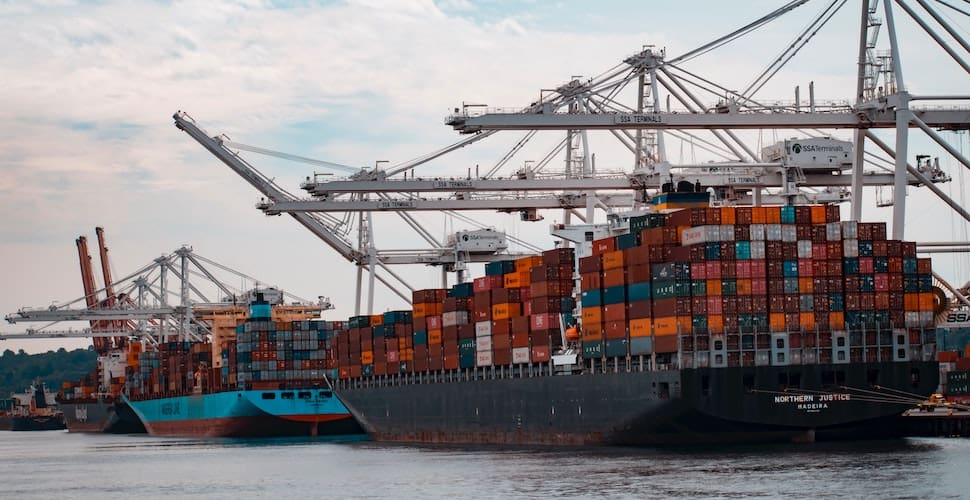Freedom United and our partners in the Coalition to End Forced Labour in the Uyghur Region, lobbied for months for the passage of the Uyghur Forced Labor Prevention Act (UFLPA) which is the strongest forced labor import ban in the world currently. The UFLPA is considered a model legislation by the Uyghur diaspora community because it assumes that all goods made in the Uyghur Region are tainted by forced labor. Importers must provide “clear and convincing evidence” to the contrary.
CNBC reports,
Officials sent detention notices to the manufacturers, explaining that merchandise was being held. The companies then had 30 days to come back to CBP and prove that the items were produced without forced labor.
While a company works to prove it’s not in violation of the new law, it’s faced with another cost: storage fees. If the company cannot prove within a 30-day period that its products have no ties to forced labor, then the products are either destroyed or reexported and will incur extra fees.
Companies have no idea
According to U.S. Customs and Border Protection officials, some companies have no idea their supply chain is tainted.
Customs and Border Protection Executive Assistant Commissioner AnnMarie Highsmith thinks this is China’s doing. “The Chinese government has taken steps to obfuscate those supply chains and prevent businesses from learning [about] the conditions under which the products are manufactured,” she told CNBC.
But New York attorney Angela Santos says that due diligence costs are considerable. “These forced labor laws could cost companies millions of dollars between preparing and conducting the due diligence hiring new staff to handle this.”
Millions more may be flying under the radar
The UFLPA came into effect June 2022. But advocates have accused CBP of not rigorously enforcing the law. While $960 million is considerable, Customs might be missing millions of forced labor goods. The UFLPA includes a de minimis rule that allows imports below $800 to enter the U.S. without CBP scrutiny – a rule which companies like Shein have capitalized on to the tune of millions.
Although Shein’s cotton has been tied to the Uyghur Region, between 2020 and 2022 alone, Shein’s U.S. orders have soared by 568% and 2.7 million Shein packages arrive in the U.S. daily.
Shein knows what it’s doing. Just like the other companies whose goods are being held. Not paying for greater due diligence and buying supplies from known forced labor regions or from suppliers selling so cheaply they must be sourcing materials from suspect origins just to chase higher profit margins is not acceptable.
Freedom United and over 280 organizations, led front and center by survivors and families of current detainees, are advocating for companies to cut ties with the Uyghur forced labor system.
Add your voice to the movement by signing the petition today!





Freedom United is interested in hearing from our community and welcomes relevant, informed comments, advice, and insights that advance the conversation around our campaigns and advocacy. We value inclusivity and respect within our community. To be approved, your comments should be civil.